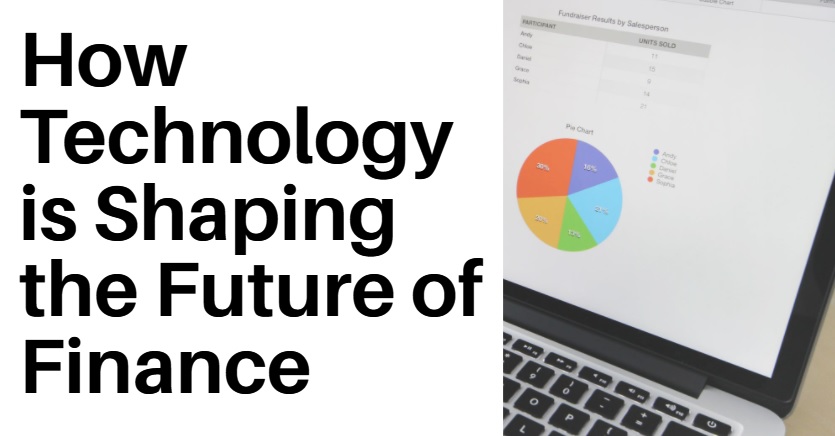Technology and account have consistently been interwoven, from the creation of the math device to make monetary computations simpler to the mammoth supercomputers that are utilized to drive complex monetary models today.
The fintech business was conceived out of that consolidation, and now most of the monetary movement is completed on cell phones, empowering more individuals to approach monetary administrations.
Besides expanding openness, innovation has additionally pushed different extremist changes to monetary frameworks across the world and some of the time, improving entire areas on account of cell speculation projects and stockbrokers.
The fintech transformation is consistent, nonetheless, and recorded beneath are a couple of the most basic patterns that will influence the fate of assets, driven by instructed business visionaries.
Besides expanding openness, innovation has additionally pushed different revolutionary changes to monetary frameworks across the world and now and then, improving entire areas on account of cell venture projects and stockbrokers.
The fintech insurgency is steady, notwithstanding, and recorded beneath are a couple of the most basic patterns that will influence the eventual fate of assets, driven by instructed business visionaries.
How Tech is Molding the Eventual fate of Account
Security
As monetary administrations have moved out of the space of up close and personal far-off collaborations, security has been among the main worries that partners have needed to wrestle with.
Cybercrime has kept on developing at a disturbing velocity, additionally, ransomware commitments are gradually transforming into a typical working venture for some organizations.
To battle this present, there’s a developing spotlight on biometric options as a method for accomplishing the best potential degrees of wellbeing, on the grounds that biometric markers can’t promptly be duplicated or released. Fingerprints are the standard, however, broad medical problems are moving concentration to contactless biometrics recognizable proof choices as well.
Open banking
Customarily, monetary foundations have guarded their customer data enviously to get their market edge. That is regularly included denying potential rivals access however have often seen banks rejecting that the actual customer’s unlimited oversight over their information.
Nowadays, the open financial hypothesis has seen a resurgence in view of the ascent in information security enactment that empowers customers to access and move their information as they want, however because of the developing joint effort between fintech organizations and customary banks.
Open banking is accounted for to get made $7.29 billion out of 2018 and is expected to reach $43.15 billion by 2026. Open banks give new fintech organizations the capacity to use enormous data to give improved — and substantially more customized — arrangements, assisting people with paying off their obligation, increment their income, and furthermore make more productive speculation decisions.
Regtech
Since fintech organizations have kept on building arrangements on new innovations, governments and their administrative offices across the globe have been appreciating find new guidelines and rules to cover each new advancement. That is added to fintech organizations expecting to deal with an interwoven of guidelines in each state where they work.
Regtech arrangements can normally be broken into character the board, following of exchanges and the risks associated with them, and administrative inclusion.
The focus on most regtech choices is to smooth out the system for recognizing and agrees with material guidelines. The regtech market size is expected to ascend from 6.3 billion every 2020 to 16.0 billion by 2025, in a Build Yearly Development Rate (CAGR) of 20.3 percent.
Cryptographic money reception
6 techFar from the primary occasions when digital forms of money were around the edges, 2020 saw rising selection among standard monetary administration firms.
For instance, in November, PayPal pronounced it would begin empowering all U.S.- based customers to buy, sell and hold digital currencies on its own foundation.
As more individuals begin to use digital currencies, more organizations will begin to acknowledge them. As digital currencies aren’t without their downsides (for instance, unpredictability and security ), firms that may give answers to these traps will be compensated with the business.
Portable installments
Cash isn’t dead. However. It’s clearly in transit out in any case, while the world melts from real contact and cell installment decisions become extensively open. From little new companies to innovation goliaths like Apple and Google, versatile installments have become a need inside the monetary administration business.
Arrangements that simplify cash moves are ordinary, however, worldwide exchanges stay a tremendous problem area. Transferwise expanded $319 million of every expense of $5.5 billion just as other fintech organizations have raised enormous sums additionally, anyway there’s as yet far to go before worldwide exchanges become consistent as neighborhood ones.


